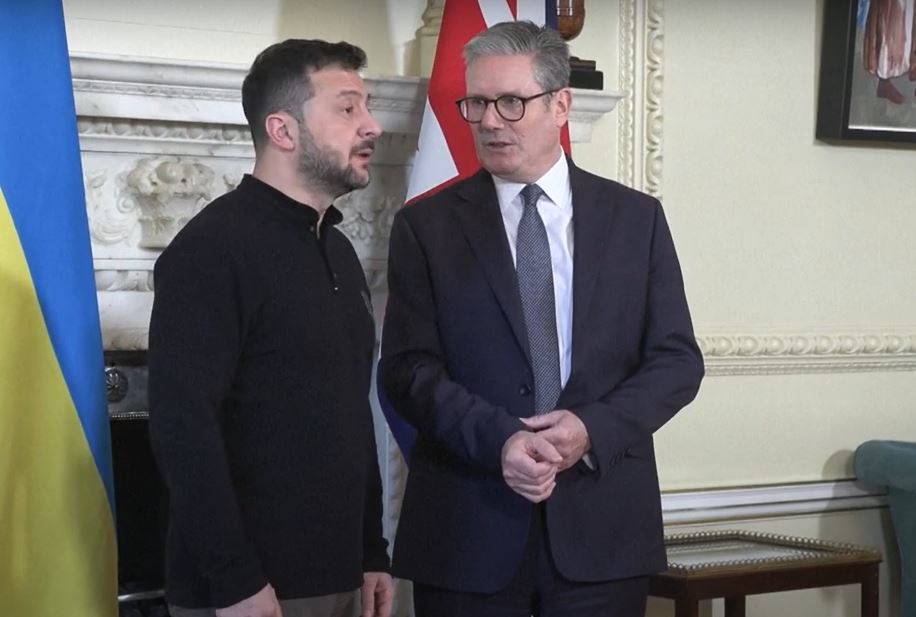British Prime Minister Keir Starmer reaffirmed Ukraine's "irreversible path" to NATO membership during a phone call with President Volodymyr Zelenskyy on 14 February, the UK Government reported.
The Sky News noted that the conversation occurred less than 24 hours after US President Donald Trump told reporters he didn't see how "a country in Russia's position" could allow Ukraine to join NATO. However, Trump's deputy Ukraine envoy John Coale said NATO membership for Ukraine remained "on the table."
During the call, Starmer "reiterated the UK's concrete support for Ukraine, for as long as it's needed," according to a Downing Street spokesperson. The UK PM emphasized that there could be no talks about Ukraine without Ukraine's participation and promised strong security guarantees and further lethal aid.
The leaders discussed the upcoming third anniversary of Russia's full-scale invasion of Ukraine, which they agreed would be "an important moment to demonstrate international unity and support for Ukraine," the spokesperson added.
In a statement on X, Zelenskyy said:
"The Ukrainian and American teams must work together with Europeans and all our global partners to achieve concrete results."
John Bolton, Trump's former national security adviser, told CNN:
"Endless concessions to Moscow are a threat to American national security. This week, the Trump [administration] blew up the NATO position on Ukraine and the Belovezha Accords, which broke up the Soviet Union. This puts every other former republic of the Soviet Union at risk of Russian aggression."
Related:
- Rubio: Trump seeks complete end to Ukraine war, not temporary pause
- “If Russia couldn’t beat Ukraine in 2022, why would it win now?” A defiant voice amid despair
- US might deploy troops to Ukraine without Moscow-Kyiv peace deal, Vance says
- Trump’s neo-Morgenthau plan for Ukraine is a threat to free Europe
- Trump claims after phone calls Putin and Zelenskyy want to peace deal
- ISW: Estonia warns of Russia’s military buildup beyond war in Ukraine
- NATO tests European deployment capabilities without US participation

